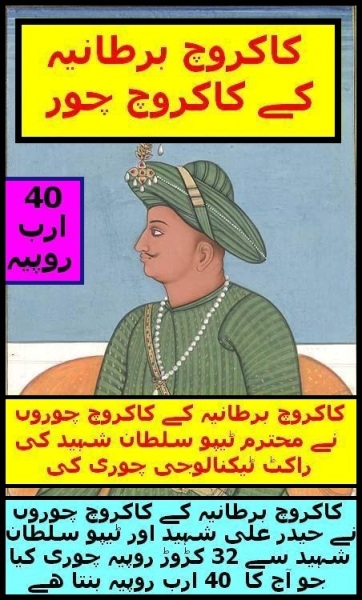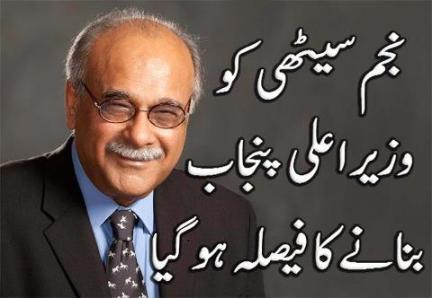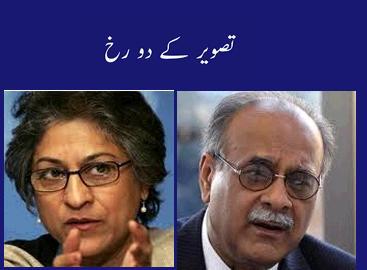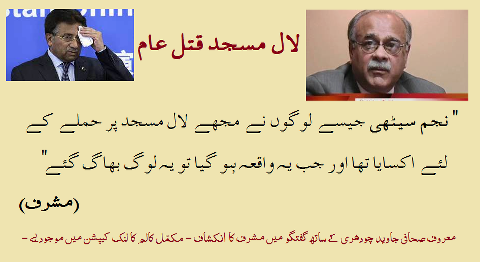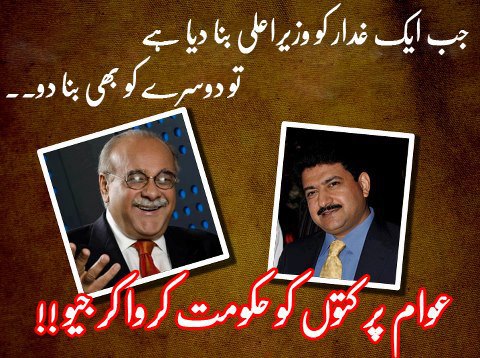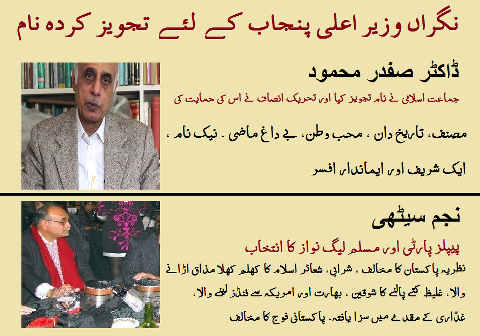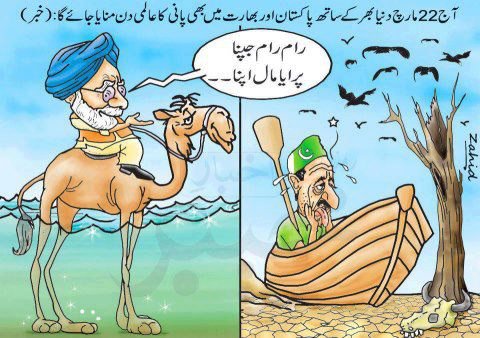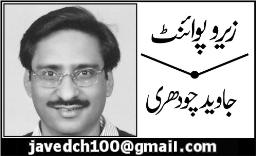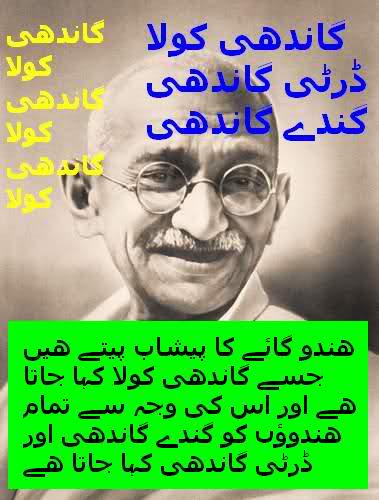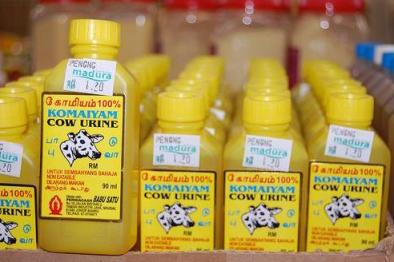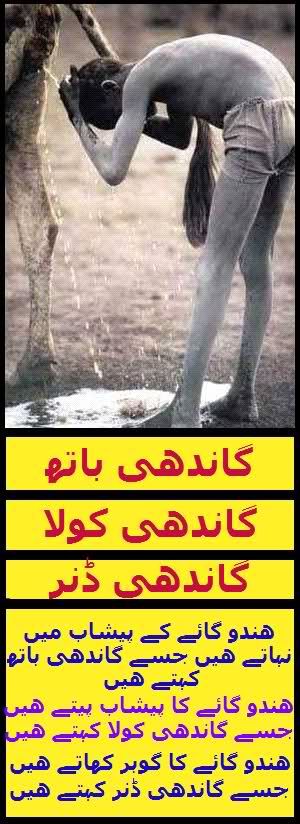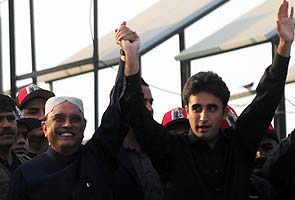The London Group

Flag of the Baloch Liberation Front (BLF) – a left-wing Baloch militant outfit that was one of the leading Baloch separatist guerrilla groups during the Balochistan insurgency in the 1970s.
A rudimentary ‘study circle’ was formed in London (in 1969) by some Marxist Pakistani students studying in colleges and universities there.
There were about 25 such students in the group who used to meet to discuss various left-wing movements and literature.
They also began publishing a magazine called ‘Pakistan Zindabad’ that (in 1971) had to be smuggled into Pakistan because it was highly critical of the Pakistanimilitary’s role in the former East Pakistan.
The magazine helped the group to forge a relationship with some Baloch nationalists who invited the group members to travel to Balochistan and help the nationalists set into motion some education related projects.
After the loss of East Pakistan in 1971, the populist PPP had formed a new elected government at the centre, whereas the leftist NAP was heading the provincial government in Balochistan.
In 1973, the PPP regime accused NAP of fostering a separatist movement in Balochistan and dismissed it.
In reaction, hordes of Baloch tr ibesmen picked up arms and triggered a full-fledged guerrilla war against the Pakistan Army.

NAP workers gather outside the offices of the party in Quetta soon after the NAP regime in Balochistan was dismissed by Prime Minster Bhutto in 1973.
About five members of the London Club decided to quit their studies in London, travel back to Pakistan and join the insurgency on the Baloch nationalists’ side.
They were all between the ages of 20 and 25, came from well-off families and none of them were Baloch.
Four were from the Punjab province and included Najam Sethi, Ahmed Rashid, and brothers Rashid and Asad Rehman. One was from a Pakistani Hindu family:Dalip Dass.
All wanted to use the Balochistan situation to ‘trigger a communist revolution in Pakistan.’
Dass was the son of a senior officer in the Pakistan Air Force. After his schooling in Pakistan, he had joined the Oxford University in the late 1960s where he became a committed Marxist.

Dalip Daas (right) chatting with a friend at a Pakistani college. He soon travelled to London to join Oxford University before secretly returning to Pakistan to join the Baloch guerrilla fighters in the mountains of Balochistan.
Asad and Rashid Rehman were sons of Justice SA Rehman who had been a close colleague of the founder of Pakistan, Muhammad Ali Jinnah.
Najam Sethi came from a well-to-do middle-class family in Lahore and so did Ahmad Rashid whose family hailed from Rawalpindi.
All five members had travelled to England to study in prestigious British universities.
Initially, they were energised by the left-wing student movements that erupted across the world (including Pakistan) in the late 1960s.
When they reached their respective universities in London, they got involved in the student movements there but kept an eye on the developments in Pakistan where a student movement had managed to force out the country’s first military dictator, Ayub Khan (in 1969).
The study group honed its knowledge of Marxism, but also began studying revolutionary guerrilla manuals authored by such communist revolutionaries as Che Guevara, Carlos Marighella and Frantz Fanon.
When a civil war between the Pakistan Army and Bengali nationalists began in 1971 in former East Pakistan, the group, that originally consisted of about 25 Pakistanistudents studying in England, began to publish a magazine called ‘Pakistan Zindabad’ that severely criticised the role of the Pakistani establishment in East Pakistan.
The magazine was smuggled into Pakistan and then distributed in the country by Pakistani left-wing student groups such as the National Students Federation (NSF) that had also led the movement against the Ayub regime.
One of the issues of the magazine fell into the hands of some veteran left-wing Baloch nationalist leaders in Balochistan.
One of them was Sher Muhammad Marri who at once sent Muhammad Babha to London to make contact with the publishers of the magazine.

Sher Muhammad Marri (third from left) with Baloch fighters in 1968.
Muhammad Babha whose family was settled in Karachi, met the members of the study circle in London and communicated Marri’s invitation to them to visit Balochistan.
Seven members of the circle agreed to travel to Balochistan. However, two backed out, leaving just five.
All five decided to travel back to Pakistan without telling their families who still thought they were studying in England.
The years 1971 and 1972 were spent learning the Baloch language and customs, and handling and usage of weapons – especially by Asad Rehman, Ahmad Rashid and Dalip Dass who would eventually join the Baloch resistance fighters in the mountains once the insurgency began in 1973.
Najam Sethi and Rashid Rehman stationed themselves in Karachi to secretly raise funds for the armed movement.
Each one of them believed that the government’s move against the NAP regime was akin to the establishment’s attitude towards the Bengalis of the former EastPakistan (that broke away in 1971 to become the independent Bengali state of Bangladesh).
The young men’s parents all thought their sons were in London, studying. It was only in 1974 when the government revealed their names that the parents came to know.
The three men in the mountains took active part in the conflict, facing an army that used heavy weaponry and helicopters that were supplied by the Shah of Iran and piloted by Iranian pilots.
All three had also changed their look to suit the attire and appearance of their Baloch comrades.

Asad Rehman tracking the mountains of Balochistan with his group of Baloch fighters in 1974.
First to fall was the 23-year-old Dalip Daas. In 1974, while being driven in a jeep with a Baloch comrade and a sympathetic Kurd driver into the neighbouring Sindh province for a meeting with a Sindhi nationalist, the jeep was stopped at a military check-post on the Balochistan-Sindh border.
Daas=0 and his Baloch comrade were asked to stay while the driver was allowed to go. Many believe the driver was an informant of the military.
Daas was taken in by the military and shifted to interrogation cells in Quetta and then the interior Sindh. There he was tortured and must have died because he was never seen again. He vanished.
For years friends and family of Daas have tried to find his body, but to no avail. He remains ‘missing.’

A tra nsformed Dalip Daas just before his arrest, torture and death.
After Daas’ disappearance, Rashid Rehman who was operating with Najam Sethi in Karachi went deeper underground.
In 1976, the 28-year-old Sethi’s cover was blown and he was picked up by the military and thrown into solitary confinement.
More than 5,000 Baloch men and women lost their lives in the war that ended when the PPP regime was toppled in a reactionary military coup in 1977.
Asad and Rashid Rehman remained underground till 1978 before departing for Kabul and then to London.
Ahmed Rashid also escaped to London.
Asad returned to Pakistan in 1980 before going back, this time to escape the right-wing dictatorship of Ziaul Haq.
He again returned to the country and became a passionate human rights activist and continued speaking for the rights of the Baloch till his death in 2013.

Asad Rehman in 2012. He passed away in 2013.
After his release in 1978, Najam Sethi became a successful publisher and progressive journalist. Today he is also known as a celebrated political analyst and a popular TV personality.

Najam Sethi in 2012. Today he is one of the leading liberal voices and political analysts on mainstream TV in Pakistan.
Ahmad Rashid travelled to England, became a journalist and then a highly respected and best-selling political author and expert on the politics of Afghanistan andPakistan.

Ahmad Rashid in 2009.
Rashid Rehman returned to Pakistan from London and became a leading journalist and editor.

Rashid Rehman (second from left) in conversation with British author William Dalrymple (right) in 2012.
The conflict in Balochistan continues.
 Nadeem F. Paracha is a cultural critic and senior columnist for Dawn Newspaper and Dawn.com
Nadeem F. Paracha is a cultural critic and senior columnist for Dawn Newspaper and Dawn.com
Then read this:
Media gate –
1 9 anchors & journalists funded by Malik Riaz EXPOSED
The following is the list of Anchors & Journalists who were paid by
Malik Riaz. This list was leaked by one of the former employee of
Bahria Town, who has worked in the I.T Department and this person also
had access to all the computers connected to Bahria Town’s network
including Malik Riaz and Ali Riaz’s personal computers. This document
, along with other 100s of other proofs were obtained from hacked
computers. The documents obtained contain transactions of all the bank
accounts, bank statements, emails sent/received and information on
deals/projects.
In order to find out if the information stated in the document is
authentic, anyone can contact the banks listed in the document,
provide them with the account number and get details on the
transitions listed.
The reason behind releasing this document is to show people of
Pakistan the real faces of the media personals and TV Channels. We
watch their shows, read their columns and believe their opinions and
reporting. But matter of the fact is that, most of the reporting is
paid and biased. We as a nation need to realize that our country is
struggling to survive and we need to kick out the enemies of state out
of our country to save our beloved country.
1) Mubashir Luqman
– Received 2 Crore and 85 Lakh rupees in 3 installments through National Bank
– Mercedes-Benz
2) Dr.Shahid Masood
– Received 1 Crore and 7 Lakh rupees in 1 Instalments through National Bank
– 7 Fully Paid trips to Dubai, Including Hotel stays and car Rentals
3) Najam Sethi
– Received 1 Crore and 94 Lakh rupees
– 1 Kanal Plot in Bahria Town Lahore
– 3 Fully Paid Trips to USA including hotel stays
Money Transferred From:
Muslim Commercial Bank
Main Boulevard DHA ,Lahore, Pakistan
Account Title: Bahria Town (Pvt) Limited
Account # : 14-7
Swift Code: MUCBPKKAA
4) Kamran Khan
– Received 62 Lakh Rupees, was promised 2 Crore + a house in Bahria
Town, but didn’t receive it until May 2012
Money Transferred From:
NIBC Bank Limited (Bahria Town Branch) Account# 8283982
5) Hassan Nisar
– Received 1 Crore and 10 Lakh Rupees
– 10 Marla Plot in Bahria Town
Money Transferred From:
Account Title: Bahria Town Pvt. Limited
Account# 42279-2
With Habib Bank Limited LDA Plaza Branch, Lahore
Code:1315
Swift: HABBPKKAX315
6) Hamid Mi r
– Received 2 Crore and 50 Lakh Rupees
– 5 Kanal Plot in Islamabad
Money Transferred From:
NIBC Bank Limited (Bahria Town Branch) Account# 8284059
7) Mazhar Abbas
– Received 90 Lakh
– 10 Marla Plot in Lahore
Money Transferred From:
MCB Account# 0075232201000124
8) Meher Bukhari
– Received 50 Lacks on Her wedding with Kashif Abbasi
– 1 Kanal Plot in Islamabad
9) Marvi Sirmed
– Received 10 Lakh Rupees
Money Transferred From:
NIBC Bank Limited (Bahria Town Branch) Account# 8284059
10) Arshad Sharif
– Promoted as Bureau Chief of Dunya Tv on the request of Malik Riaz in 2011
– Received 85 Lakh Rupees in 2 Instalments
Money Transferred From:
UBL Account# 37100154
11) Nusrat Javed
– Received 78 Lakh Rupees+ Toyota Corolla
Money Transferred From:
Muslim Commercial Bank
Main Boulevard DHA ,Lahore,Pakistan
Account Title: Bahria Town (Pvt) Limited
Account # : 14-7
Swift Code: MUCBPKKAA
12) Mushtaq Minhas
– Received 55 Lakh Rupees in 2 Instalments
Money Transferred From:
Account Title: Bahria Town Pvt. Limited
Account# 51077-6
With Habib Bank limited LDA Plaza Branch, Lahore
Code:1315
Swift: HABBPKKAX315
13) Javed Chaudhry
– Received 3 Lakh per column written under the name of Malik Riaz
– 10 Marla House in Bah ria Town
– Received 1 Crore for helping to write a book for Malik Riaz
Money Transferred From:
UBL Account# 37100154
14) Sana Bucha
– Received 83 Lakh Rupees
– 10 Marla Plot in Lahore
Money Transferred From:
Muslim Commercial Bank
Main Boulevard DHA ,Lahore,Pakistan
Account Title: Bahria Town (Pvt) Limited
Account # : 14-7
Swift Code: MUCBPKKAA
15) Muneeb Farooq
– Received 25 Lakh Rupees
– Fully paid round trip to Dubai and a week stay in 5 star hotel
Money Transferred From:
Askari Bank Account# 01000101011180
16) Aftab Iqbal
– In 2010, with the help of Malik Riaz, Aftab Iqbal was able to join
Geo Tv and start his new show Khabarnaak.
– Ever since the show started Aftab Iqbal was paid by PML(N) & Malik
Riaz to promote positive image of PML(N)
– From 2010 to 2012, he was paid estimated 2 crore
– Received Toyota Jeep
– Land bought by Malik Riaz in Bedian Road was gifted to Aftab Iqbal
to build his farm house
Money Transferred From:
Meezan Bank (Bahria Town Branch) Account# 3620
17) Sohail Waraich
– Sohail was paid 15 Lakh Rupees to promote positive image of Malik
Riaz in Aik Din Geo Ke Saath
– Gifted Honda Civic to Sohail Waraich in 2008
Money Transferred From:
Account Title: Bahria Town Pvt. Limited
Account# 42 279-2
With Habib Bank Limited LDA Plaza Branch, Lahore
Code:1315
Swift: HABBPKKAX315
18) Asma Sherazi
Received 45 Lakh Rupees 1 instalment
Money Transfer From
Account Title Bahria Town Pvt Limited
Account #51077-5
With Habib Bank Limited LDA Plaza Bahria Town Lahore
Code 1315
Swift:HABBPKKAX315
19) Sami Ibrahim
Received 1 Crore
1 Kanal Plot in Bahria Town
Received Toyota Corolla in 2010
Money Transfer From
KASB Bank (Bahria Town Branch) Account #3710581401
By: Farrukh Shabbir, Uploaded: 14th June 2012
A record of payments allegedly made to 19 senior-journalists of Pakistan, by the Bahria Town owner Malik Riaz has surfaced on the social networking site Twitter, Aaj News reported.
Renowned names of various news television anchors and journalists like Dr. Shahid Masood, Najam Sethi, Kamran Khan, Nusrat Javed, Meher Bokhari, Mubasher Lucman, Hamid Mir, Javed Chaudhry, Sana Bucha, Sohail Waraich and Asma Shirazi among a few others, are present in the lists below.
An account of favors given to these journalists in shapes of money, cars and property etc is recorded in these trademarked letterheads of Bahria To wn.
By: Farrukh Shabbir, Uploaded: 14th June 2012
A record of payments allegedly made to 19 senior-journalists of Pakistan, by the Bahria Town owner Malik Riaz has surfaced on the social networking site Twitter, Aaj News reported.
Renowned names of various news television anchors and journalists like Dr. Shahid Masood, Najam Sethi, Kamran Khan, Nusrat Javed, Meher Bokhari, Mubasher Lucman, Hamid Mir, Javed Chaudhry, Sana Bucha, Sohail Waraich and Asma Shirazi among a few others, are present in the lists below.
An account of favors given to these journalists in shapes of money, cars and property etc is recorded in these trademarked letterheads of Bahria Town.













 Nadeem F. Paracha is a cultural critic and senior columnist for Dawn Newspaper and Dawn.com
Nadeem F. Paracha is a cultural critic and senior columnist for Dawn Newspaper and Dawn.com